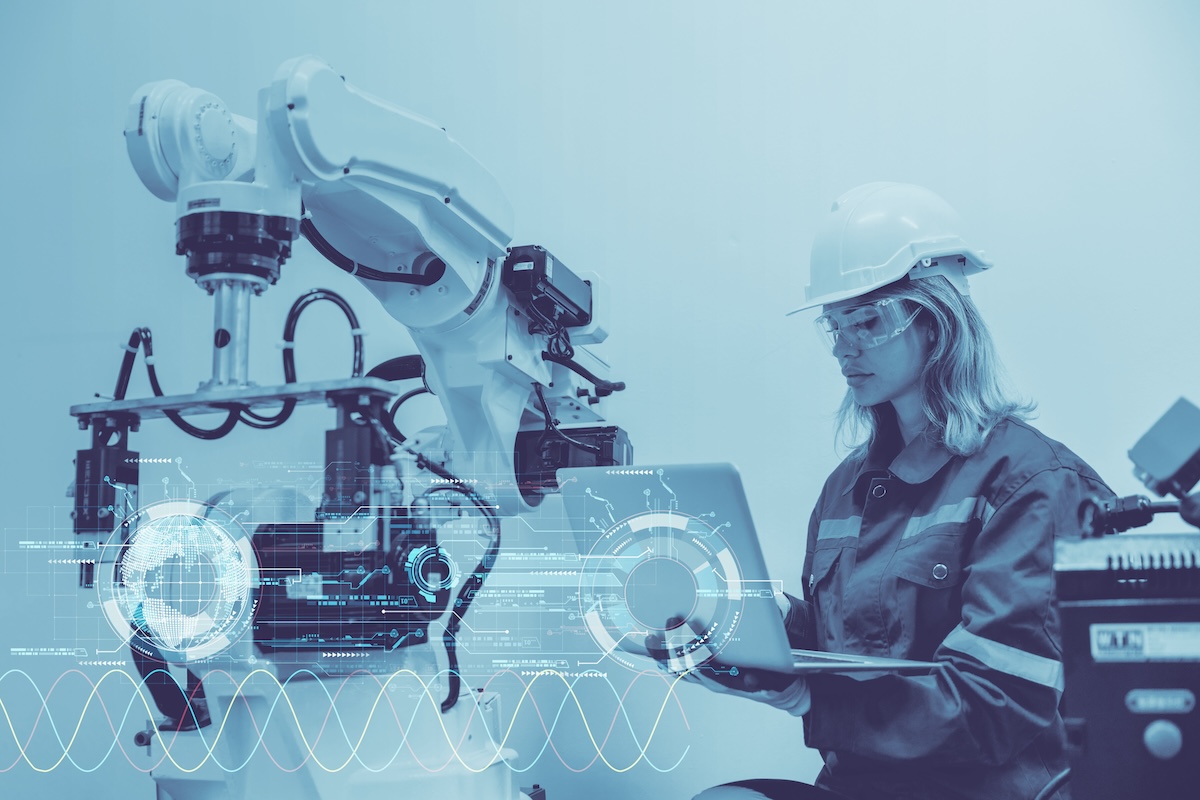Data Barriers and AI in Manufacturing: Overcoming the Challenges
One of the most significant hurdles in deploying AI in manufacturing is access to the right data. While AI has the potential to transform industrial operations, its effectiveness is often limited by the availability of high-quality data. The data required to drive AI models, particularly in manufacturing, is vast and complex. It includes everything from sensor data and machine performance metrics to operational workflows and human task data. However, accessing this data, ensuring its quality, and leveraging it effectively are ongoing challenges for many manufacturers.
In the manufacturing sector, the majority of data is private and often difficult to access due to legal, strategic, and technical barriers. For example, many companies are reluctant to share data because it contains sensitive information or intellectual property. This data, which could be used to improve efficiency, optimize production lines, and predict equipment failures, is often locked away due to concerns over security and competitive advantage.
One innovative solution to this problem is the use of federated learning, an approach that allows AI models to be trained across multiple datasets without requiring the data to be shared openly. In this setup, the AI model is sent to the data rather than the data being sent to a central location. This approach ensures that sensitive information remains secure while still allowing companies to benefit from AI-driven insights. By training AI models locally and only sharing the knowledge gained, manufacturers can collaborate on process improvements without compromising data privacy.
Data accessibility is not the only challenge. Even when manufacturers have the data they need, integrating AI into existing workflows can be difficult. Many proof-of-concept (POC) projects fail because they don’t account for the variability in real-world factory environments. A model trained on one set of data may not perform as well in a different context, such as a new machine or a different production line. This lack of scalability often results in AI initiatives being abandoned before they can deliver real value.
To overcome these challenges, manufacturers need to adopt best practices for data management and AI integration. This includes ensuring that data is well-labeled, relevant, and reflective of real-world conditions. It also means designing AI models that can generalize across different factory setups and machine configurations, reducing the need for costly retraining and reconfiguration.
While data barriers remain a significant challenge in manufacturing AI, innovative solutions like federated learning are helping to overcome these obstacles. By focusing on scalable AI models and secure data management practices, manufacturers can unlock the full potential of AI and drive meaningful improvements in their operations.
This summary was created by ChatGPT based on the video transcript of the “AI-Driven Process Optimization: Achieving Faster Turnarounds and Higher Margins” session that took place at IIoT World Sustainability and Artificial Intelligence Day. It was edited by the IIoT World team.
Related articles on “AI Manufacturing”:



